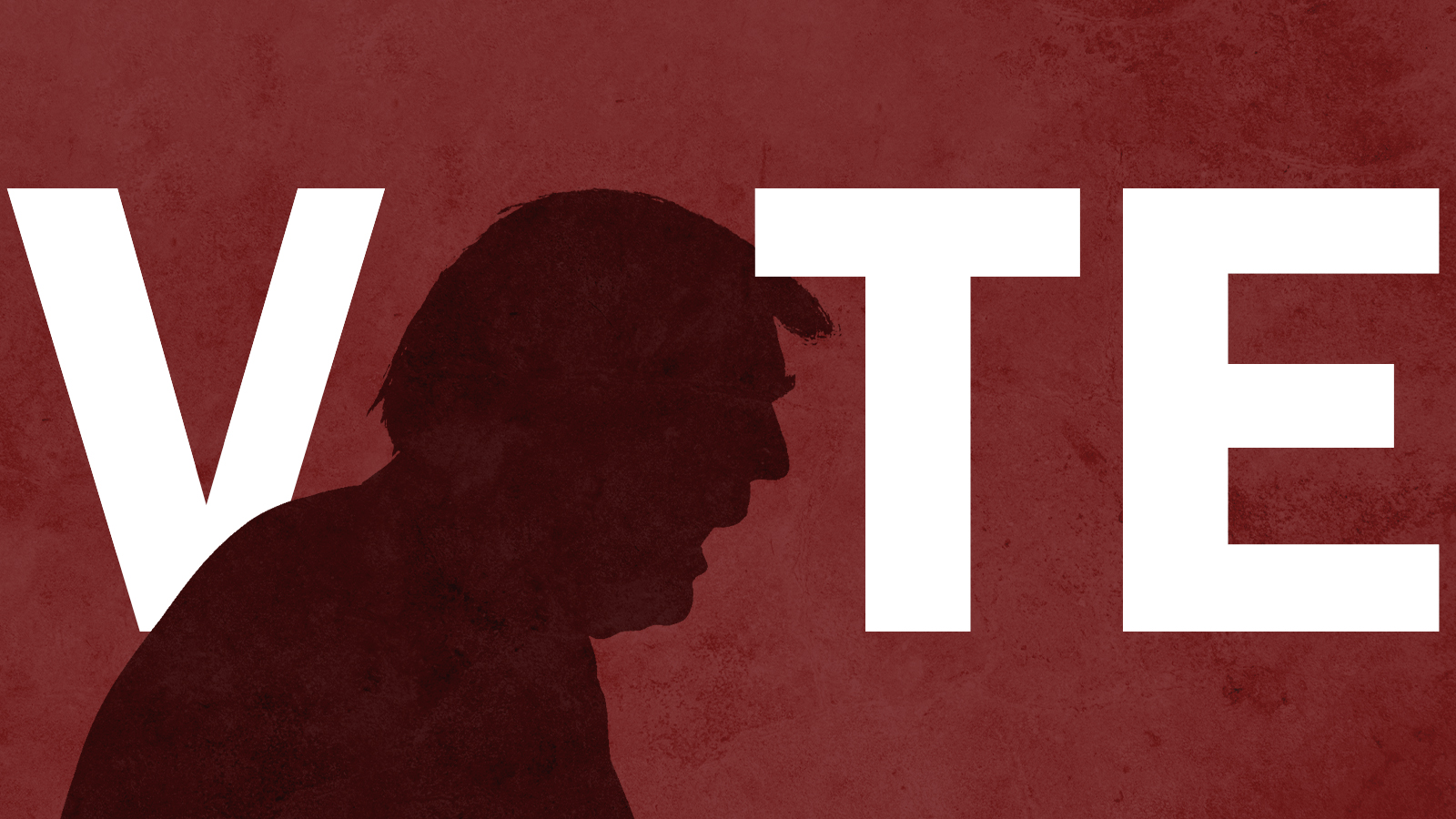The complicated case of whether Trump helps the down-ballot GOP


A free daily email with the biggest news stories of the day – and the best features from TheWeek.com
You are now subscribed
Your newsletter sign-up was successful
Dispatch editor and Weekly Standard alum Stephen Hayes started a debate over the state of the Republican Party after Donald Trump's defeat with a (since deleted) tweet describing last year's election as "the most complete electoral loss for a U.S. political party in 70 years."
Trump supporters promptly pushed back by saying the former president left the party in better shape than George W. Bush did. And indeed, it depends on where you start. Bush's first term produced greater electoral benefits for the GOP than Trump's, but his second term was a disaster that left John McCain with little chance of winning in 2008.
Last year, Republicans defied blue wave predictions and gained 12 House seats, putting House Minority Leader Kevin McCarthy within striking distance of the speaker's gavel. The GOP held 50 Senate seats. Even Trump came within 43,000 votes in Wisconsin, Arizona, and Georgia of winning a second term himself, due to the intricacies of the Electoral College system.
The Week
Escape your echo chamber. Get the facts behind the news, plus analysis from multiple perspectives.

Sign up for The Week's Free Newsletters
From our morning news briefing to a weekly Good News Newsletter, get the best of The Week delivered directly to your inbox.
From our morning news briefing to a weekly Good News Newsletter, get the best of The Week delivered directly to your inbox.
Things certainly feel more dire following the one-two punch of the Georgia Senate runoff defeats and the Jan. 6 Capitol riot. But these numbers compare favorably to when Bush left office with lower approval ratings than Trump, with the 2008 election giving Democrats the White House, a 7-seat gain in the Senate (leaving Republicans with 41), and a 21-seat pickup in the House. For part of 2009, Democrats enjoyed a filibuster-proof Senate majority.
That's why some Republicans can't quit Trump. Even in defeat, he made Pennsylvania and Michigan battleground states for the first time since the 1980s. Republicans who are ready to move on, such as former House Speaker Paul Ryan in a Reagan Library speech expected Thursday night, shoot back that Trump made Republican staples Georgia and Arizona battleground states too. Still, it doesn't help that two of Trump's biggest intraparty critics, McCain prior to his death and Mitt Romney, both lost presidential elections themselves.
Populism and culture warring don't always work, but they have generally been a more effective political strategy for Republicans (even pre-Trump) than cutting entitlement spending or invading Iraq. The Trump-era GOP has had its share of setbacks, but has tended to perform better on Election Day than pundits and pollsters predict. That's why Trump isn't going anywhere anytime soon, even though some of the biggest names in Republican politics privately — and in some cases publicly — fervently wish otherwise.
A free daily email with the biggest news stories of the day – and the best features from TheWeek.com
W. James Antle III is the politics editor of the Washington Examiner, the former editor of The American Conservative, and author of Devouring Freedom: Can Big Government Ever Be Stopped?.
